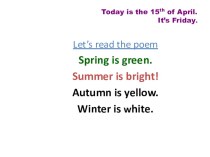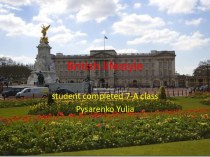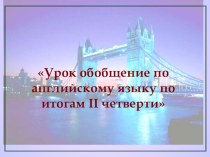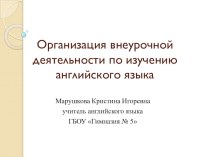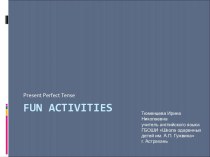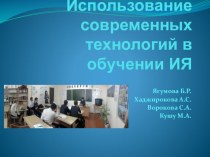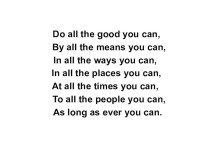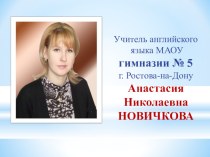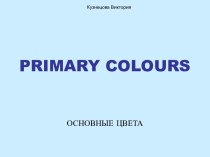- Главная
- Разное
- Бизнес и предпринимательство
- Образование
- Развлечения
- Государство
- Спорт
- Графика
- Культурология
- Еда и кулинария
- Лингвистика
- Религиоведение
- Черчение
- Физкультура
- ИЗО
- Психология
- Социология
- Английский язык
- Астрономия
- Алгебра
- Биология
- География
- Геометрия
- Детские презентации
- Информатика
- История
- Литература
- Маркетинг
- Математика
- Медицина
- Менеджмент
- Музыка
- МХК
- Немецкий язык
- ОБЖ
- Обществознание
- Окружающий мир
- Педагогика
- Русский язык
- Технология
- Физика
- Философия
- Химия
- Шаблоны, картинки для презентаций
- Экология
- Экономика
- Юриспруденция
Что такое findslide.org?
FindSlide.org - это сайт презентаций, докладов, шаблонов в формате PowerPoint.
Обратная связь
Email: Нажмите что бы посмотреть
Презентация на тему по английскому языку на тему: The university of my dream (11 класс)
Содержание
- 2. University of Cambridge
- 3. . The University of Cambridge is a collegiate public research university in Cambridge, England.
- 4. . Cambridge is formed from a variety of
- 5. .Cambridge is a member of many associations
- 6. . Students' learning involves lectures and laboratory sessions
- 7. .Cambridge's libraries hold a total of around
- 8. Cambridge has many notable alumni, including several
- 9. Museums and collectionsThe University of Cambridge has
- 13. Скачать презентацию
- 14. Похожие презентации
University of Cambridge
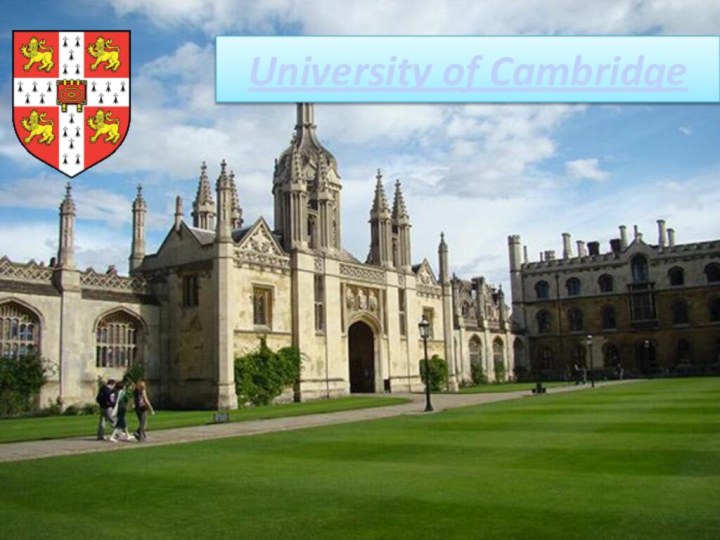
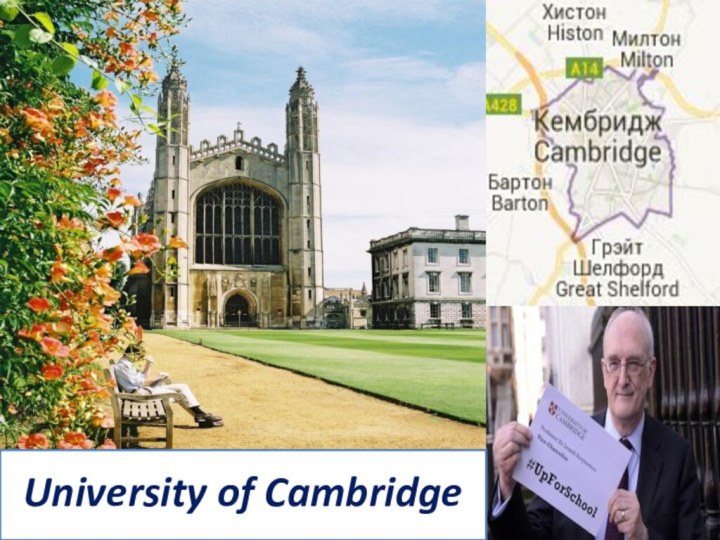
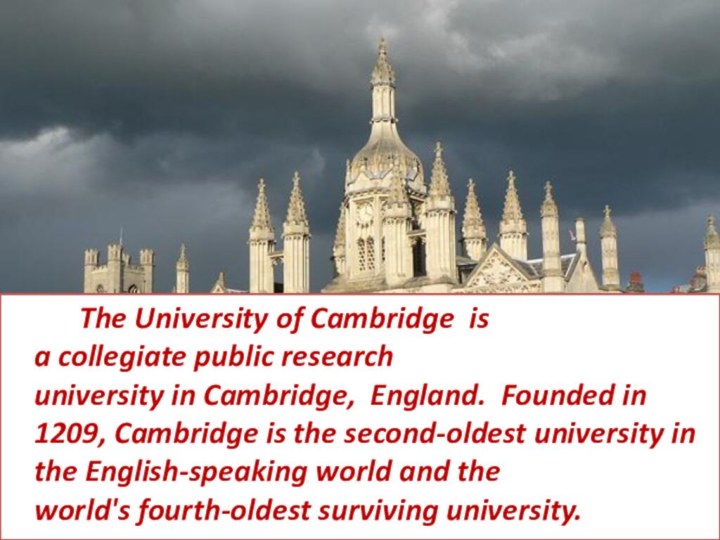

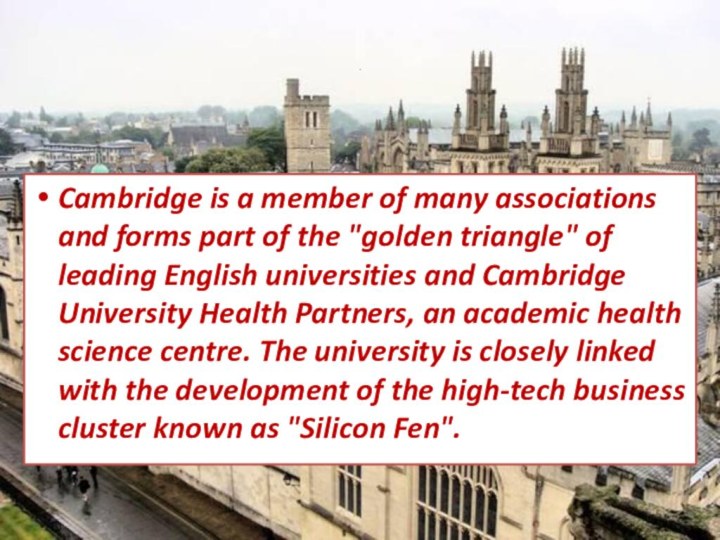
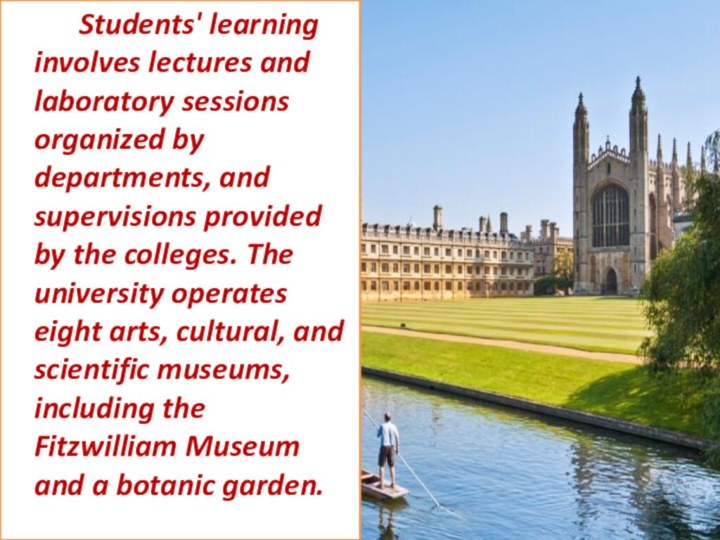

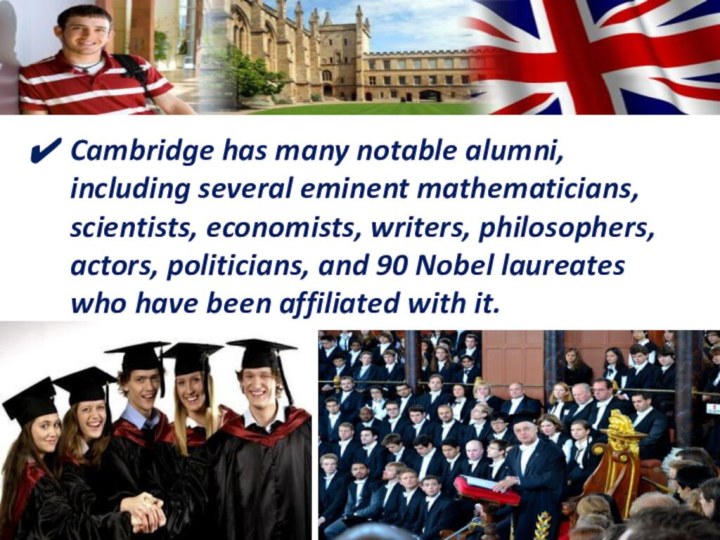
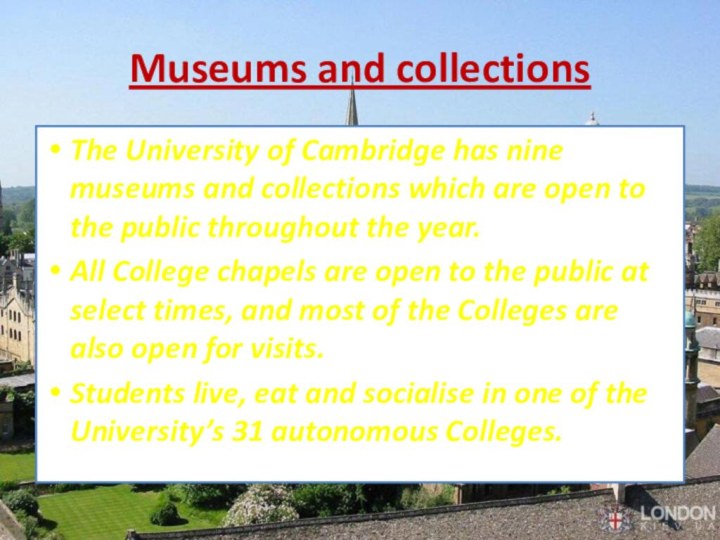
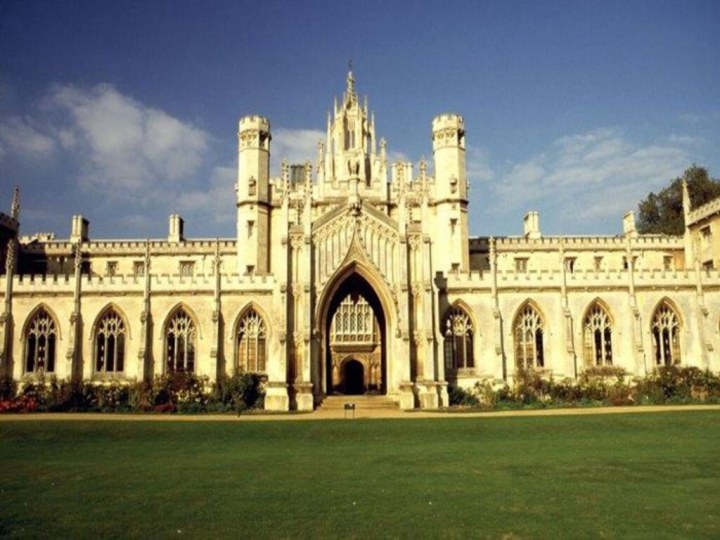
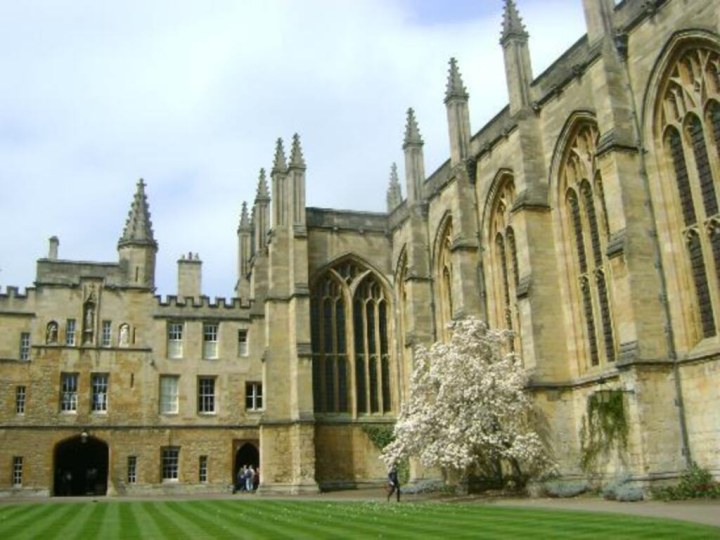
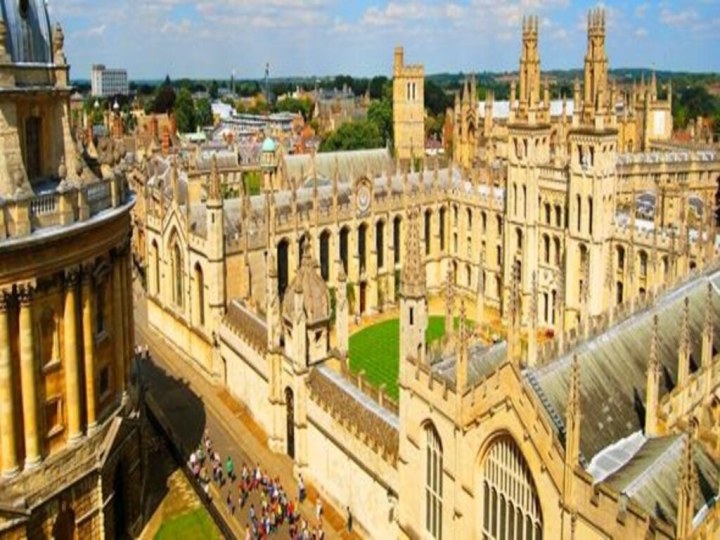

Слайд 3
.
The University of Cambridge is a collegiate public research university in Cambridge, England. Founded
Слайд 4
.
Cambridge is formed from a variety of institutions
which include 31 constituent colleges and over 100 academic
departments organised into six schools. The university occupies buildings throughout the town, many of which are of historical importance.
Слайд 5
.
Cambridge is a member of many associations and
forms part of the "golden triangle" of leading English
universities and Cambridge University Health Partners, an academic health science centre. The university is closely linked with the development of the high-tech business cluster known as "Silicon Fen".
Слайд 6
.
Students' learning involves lectures and laboratory sessions organized
by departments, and supervisions provided by the colleges. The
university operates eight arts, cultural, and scientific museums, including the Fitzwilliam Museum and a botanic garden.
Слайд 7
.
Cambridge's libraries hold a total of around 15
million books, 8 million of which are in Cambridge
University Library which is a legal deposit library. Cambridge University Press, a department of the university, is the world's oldest publishing house and the second-largest university press in the world.Слайд 8 Cambridge has many notable alumni, including several eminent
mathematicians, scientists, economists, writers, philosophers, actors, politicians, and 90
Nobel laureates who have been affiliated with it.
Слайд 9
Museums and collections
The University of Cambridge has nine
museums and collections which are open to the public
throughout the year.All College chapels are open to the public at select times, and most of the Colleges are also open for visits.
Students live, eat and socialise in one of the University’s 31 autonomous Colleges.
